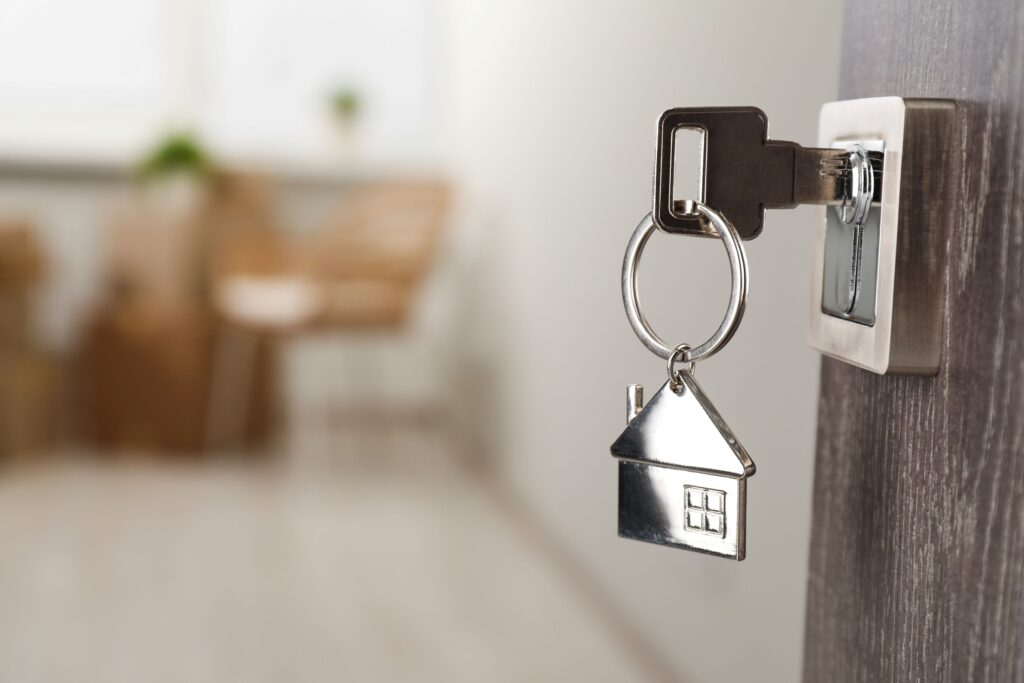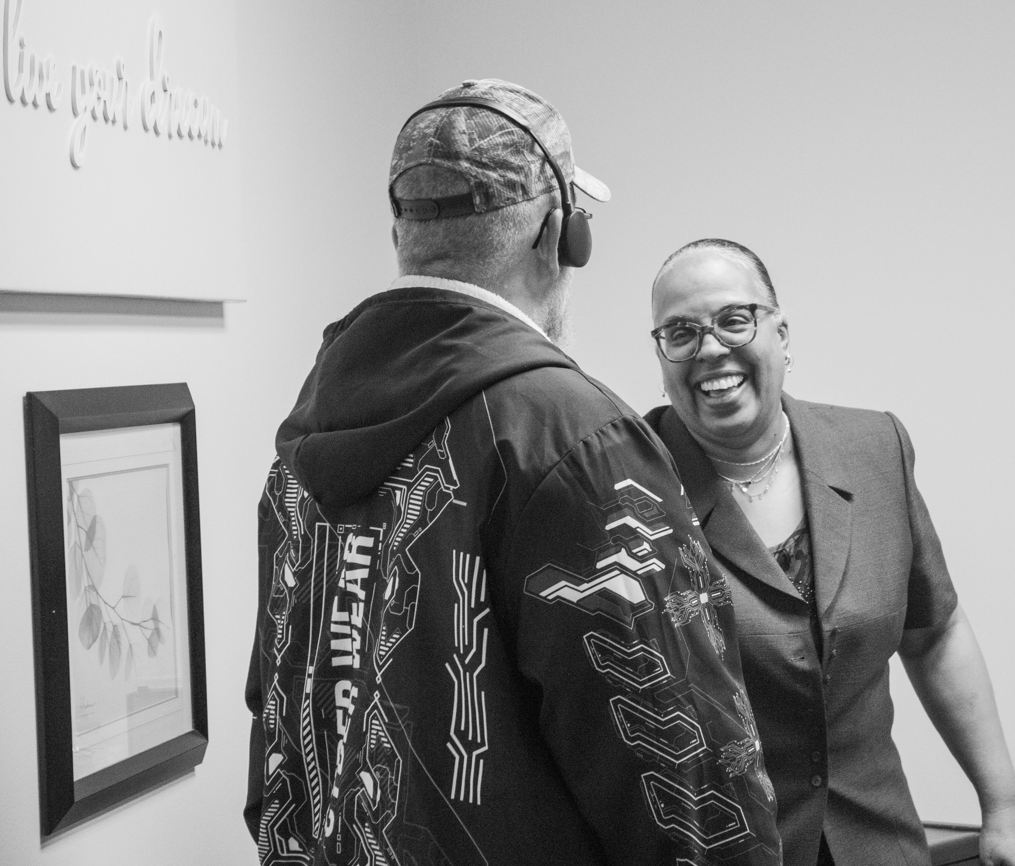We believe that stable housing is the cornerstone of successful reentry, offering individuals the foundation to rebuild their lives, foster personal growth, and reintegrate into their communities.
Our Mission
In everything we do, we stand with those who are rebuilding their lives, advocating for dignity, second chances, and the transformative power of a stable home.


Our Vision
Through our comprehensive programs, we focus on securing safe, affordable housing, along with job training, education, and mental health support, to ensure that those in reentry are not just surviving, but thriving. We are committed to breaking the cycle of incarceration by addressing the systemic barriers that hinder success, fostering hope, and creating opportunities for a brighter future.
Why Our Program Matters
Without stable housing, reentering citizens are in survival mode. It becomes nearly impossible to focus on employment, education, addiction recovery, family reunification, or compliance with parole/probation conditions. Housing offers a literal and emotional place to land.
Research consistently shows that stable housing reduces the likelihood of returning to jail or prison. When people have a safe place to live, they are less likely to engage in behavior that could lead to re-arrest or violations of supervision.
Job applications often require a permanent address. Without housing, it’s harder to get and keep a job. Even for programs that help with employment, lack of housing can be a deal-breaker.
When formerly incarcerated individuals have housing, communities are safer. Housing provides structure, reduces desperation, and supports accountability.
Homelessness is traumatic and exacerbates mental and physical health issues. Stable housing allows access to services like healthcare, mental health treatment, and substance use programs. It also improves medication compliance and follow-up care.
Housing allows reentering citizens to reconnect with children and family members in a meaningful way. This strengthens family units and can prevent intergenerational cycles of incarceration.
It’s more cost-effective to provide supportive housing than to keep someone in jail or prison. Reentry housing programs save taxpayer dollars and reduce strain on emergency services, shelters, and the criminal legal system.
Many returning citizens face legal and social barriers to renting, like background checks or lack of income. Programs that offer transitional or permanent supportive housing help bridge this gap while addressing larger systemic inequities in housing access.